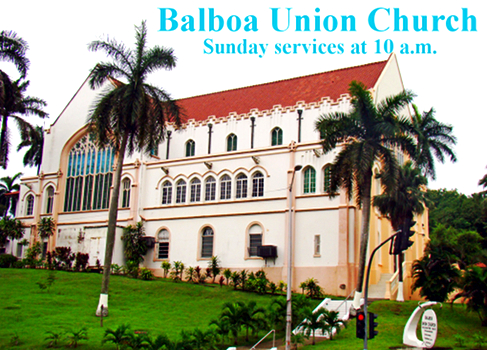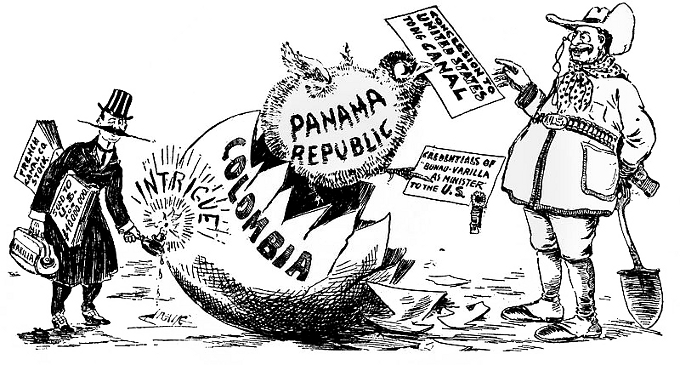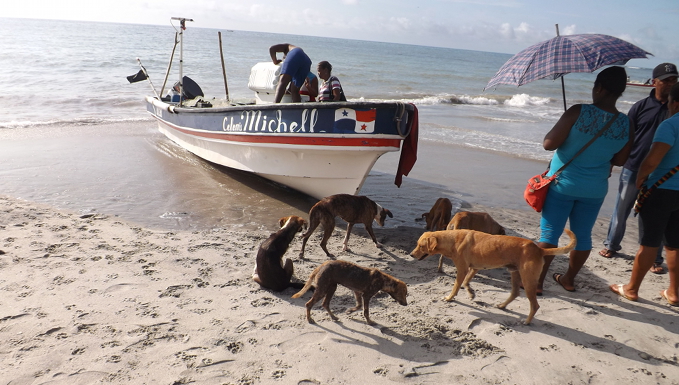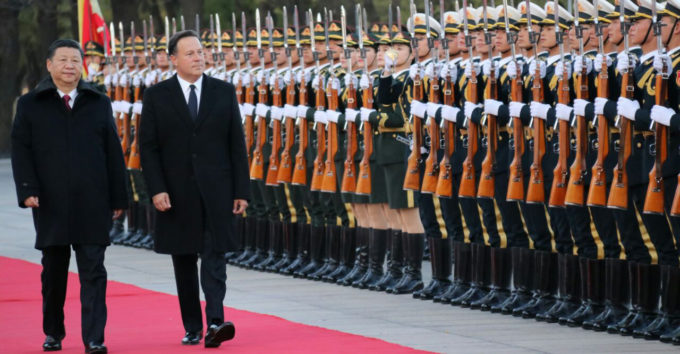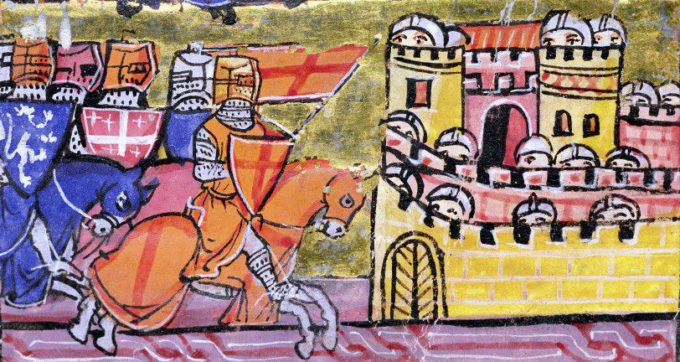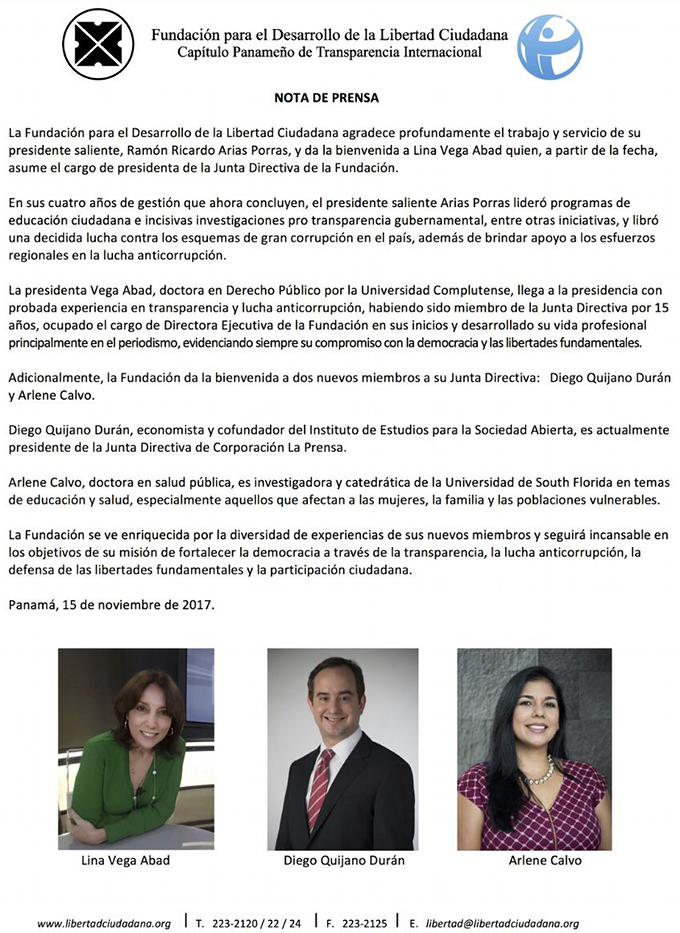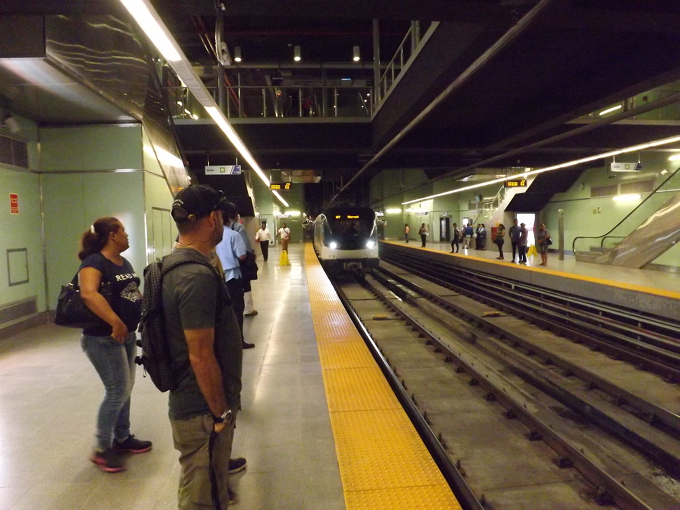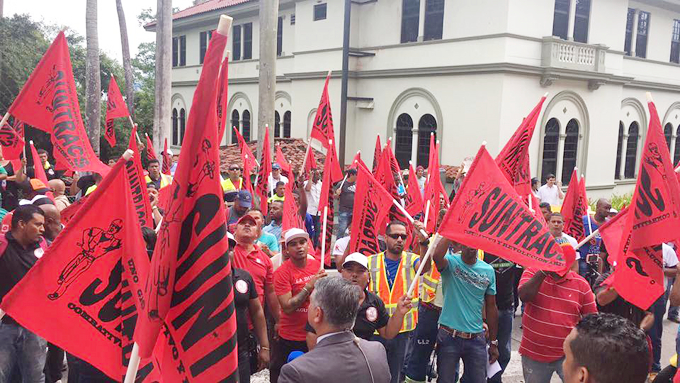
Bike path law passed, but let’s see what the studies say
by Eric Jackson
Law 17 of November 12, 2017 — “About Cycling Mobility in the Republic of Panama” — has been passed by the legislature, signed by the president and published in the Gaceta Oficial. It makes a sweeping promise: “This law establishes norms to guarantee and favor non-motorized mobility.” The implications, mostly not stated, can go farther yet, into cleaner air, Panama’s standing in the global effort to reduce carbon emissions, tourism promotion and the health of people who live here. But there are pitfalls and drawbacks — our tropical sun, rainy season, maleantes, competing interests and squabbles to come over potential profits.
Thus the central part of this law is not the general principles espoused, but the mandate that all municipal districts have one year to come up with their plans to establish bicycle paths; created racks for bicycle parking; make connections among bicycle transportation, sidewalks an public transportation; and establish zones where motor vehicles will be excluded. The standards for the mayors’ plans will be set by the housing and environmental ministries and the land transportation and transit authorities. The latter authority and the ministry of education will be in charge of publicizing and popularizing bicycle transportation. The last week of every January — when tourist season is going full blast and most schools are out of session — will be Bicycle Week, with activities around Panama promoting the culture.
There are several things that are not in the law, but to the extent that it succeeds in any great measure will become apparent. A national bike path system that gets cyclists out of the way of the fumes and hazards of the Pan-American Highway, and if well done becomes an international tourist attraction, is an intuitive “next step.” Bicycle racks that are protected against thieves and vandals will make consultations with the police advisable. Police protection and emergency services are problems that can be anticipated from experiences like the robberies in some of our national parks around Chilibre, and from the day-to-day work of the ATTT responding to accidents. Perhaps the nation’s emergency room physicians will have some words of advice. Then there are other forms of transportation that would be worth incorporating — bicycle racks at airports and boat landings, for two examples. But for now the emphasis is on incorporating bicycles into the mix of people getting to and from school, work and recreational activities within specific municipal areas.
Anton district includes many of the beach developments, the mountain community of El Valle, an underused airport and a lot of places where most elementary school kids get to and from their classes on bicycles and students in the higher grades would benefit from bike racks at their bus stops. It would have a different set of problems and opportunities than Panama City or San Miguelito, districts where good commuter interfaces between cyclists and the Metro trains stand to be a major challenge. If, as reported, a Chinese-built commuter train system from the metro area to the Costa Rican border will be in the works, lessons learned in the city may affect planning in the Interior. Figure, then, that Law 17 not only has studies as its main feature, but is itself a transitional experiment, the results of which may guide future legislation.
Unless the project is stillborn, people will see the economic opportunities. There may be upscale business owners who want to keep “those people” away, but a spot next to a public bicycle rack may be highly prized by somebody who makes a living running a fonda. Will Odebrecht get a no-bid contract, inherently overpriced to cover the cost of kickbacks, to build a fabulous new bike path system? What about rest stops — shelters from the rain, lavatories, water fountains, places where one might repair or replace a tire — along the way? Might multiple uses for facilities, such that people who are present for other activities so that vandals and thieves can’t work unseen by people who are around for other purposes, lend a layer of protection to bicycle riders as they simultaneously create business opportunities?
In politics studies have various uses. Often there is a problem with an obvious solution that will offend someone whom politicians do not care to offend, so a study is a way to look concerned while avoiding any real action. But then there are times when politicians want to do something that has many implications, and they want to do it right. There may be as many approaches are there are municipal districts in Panama, but it seems that Law 17 aims at actually doing something and doing it as well as possible.
~ ~ ~
These announcements are interactive. Click on them for more information.




